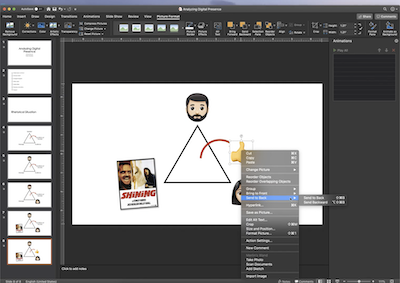Professional Communication

Photo by Marvin Meyer on Unsplash
In school we learn to write for school. Our essays are meant to prove that we learned the material or that we can talk like academics. However, the vast majority of us don’t become academics, and the type of writing we need in our everyday work can seem quite separate from what we learned to do in school. These articles will help you produce professional writing that won’t embarrass you, your boss, or your clients.

The Golden Rule of Professional Communication
The twin concepts of rhetoric and genre can guide us through most professional writing situations…but what do we do when they disagree?

File Formats and Software Concerns
As long as you work alone, you can create documents however you like. But when you collaborate with others, you have to be more thoughtful about the software, file formats, and processes you use to bring documents to completion.

Formatting in Business Communication
Formatting a document is like getting dressed for the day—your choices affect people’s first impression of you, whether you like it or not.

Chunking Info For Readability
Readers’ attention spans are shorter than most documents, and their patience for parsing out complex information is weak even on the best days. We can help them by guiding their eyes to the most important elements of our writing.

Planning for Good Slides
PowerPoint, Google Slides, Prezi: The problem has never been the software. It’s the user.

Making Good Slides
Watch me turn my storyboard into actual PowerPoint slides.

What Makes a Proposal Convincing?
Proposals are all about managing risk, but it isn’t your own risk you’re managing.